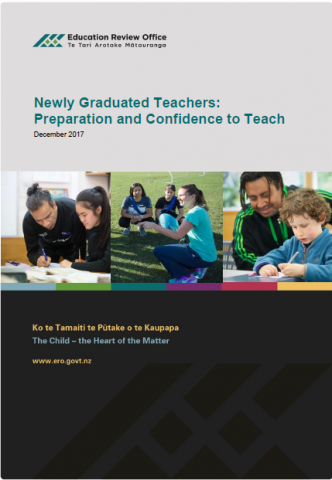Own it fix it learn from it
Published: 04 Sep 2017
Interruptions to learning are deliberately minimised. When the behaviour of individual students threatens to disrupt the learning of others, the individualized approach and resourcing enables engagement in learning to continue. This video was filmed at Invercargill Middle School.
- Audience:
- Education
- Schools
- Content type:
- Research
- Topics:
- Improvement
- Leadership
- Evaluation
- Video
- Improvement in Action Te Ahu Whakamua





